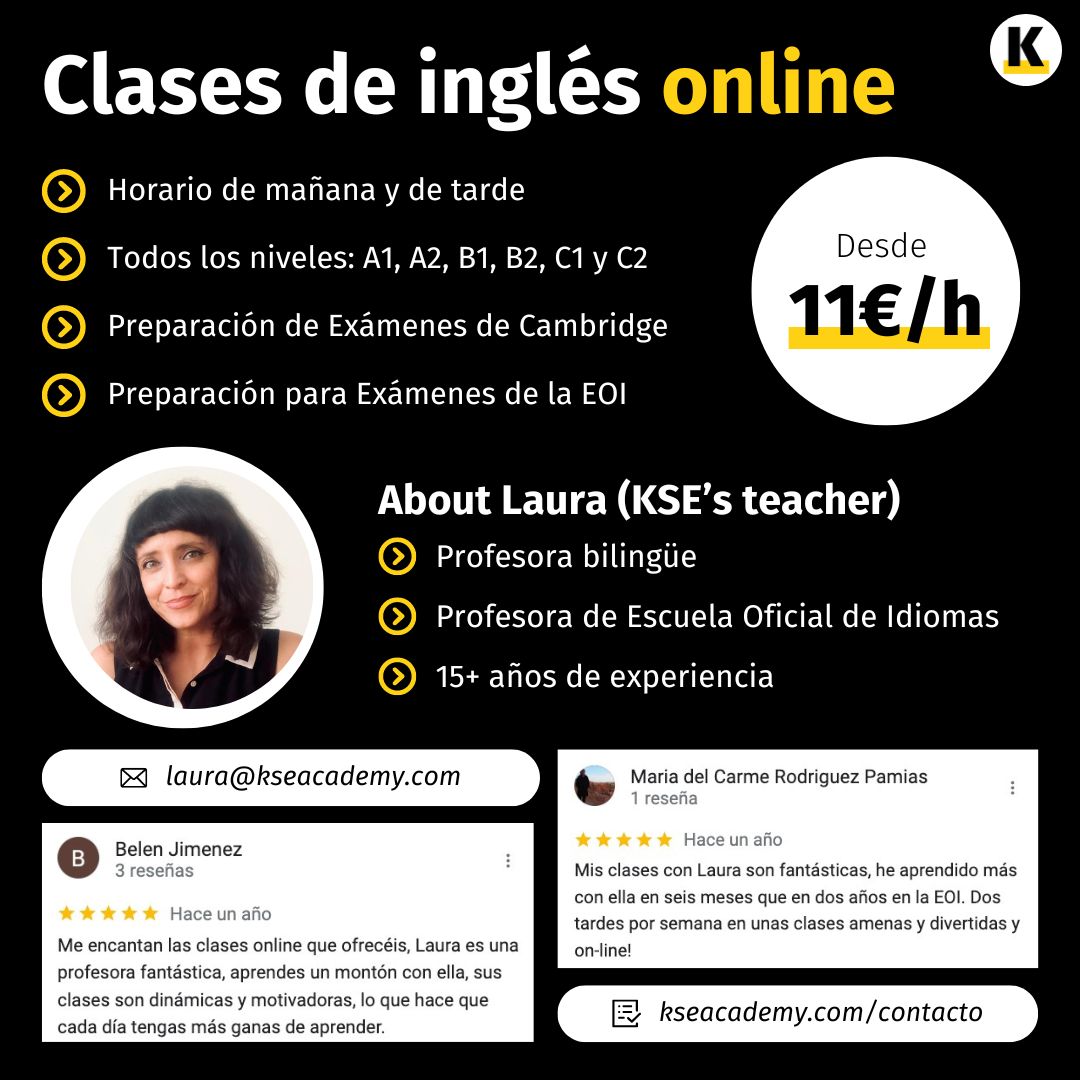One of the most common questions among beginner- and intermediate-level students is «what’s the difference between have and have got?». And honestly, it’s perfectly understandable because, even though the answer is super easy, using and seeing both can be a little tricky. So let’s get started with have vs have got.
Have got: meaning
The expression «have got» means exactly the same as «have», that is, to possess, own, or hold.
So now, you might be wondering about what makes these two verbs different and why the hell we use both if we could simply use «have». I understand you and my answer probably won’t help, but keep on reading.
Difference between Have and Have Got
While they both mean the same, the difference between Have got and Have can be summarised in the following points:
- Have got is considered more informal than Have.
- Have, when used as the main verb, isn’t normally contracted, whereas Have got usually appears as ‘ve got or ‘s got (third person).
- Have got can only be used in the present simple tense, whereas Have, as a normal verb, can be used in any verb tense.
- Have got cannot be used in expressions like «have breakfast/dinner/etc», «have a bath», «have an argument», etc.
Have Got and Have: Sample Sentences
Now let’s take a look at a few examples of Have and Have got, to illustrate the points made above:
Formal vs Informal
I have a lot of work to do. (Standard/Formal)
I’ve got a lot of work to do. (Informal)
Robert has a house on the beach. (Standard/Formal)
Rob’s got a house on the beach. (Informal)
When to contract «have»
She has three siblings. → We wouldn’t normally contract «She» + «has» when «have/has» acts the main verb.
She’s got a brother and two sisters. → Extremely common to use a contraction (She’s) here.
The use of verb tenses
Tom has a big car. (Correct – Present Simple)
Tom’s got a big car. (Correct – Present Simple)
Tom will have more free time tomorrow. (Correct – Future Simple)
Tom will have got more free time tomorrow. (Incorrect!)*
*The problem is that «will have got» is the Future Perfect of «get» (main verb), which means that the meaning could be confused. Therefore, we only use Have got in the Present Simple.
Have Got To vs Have To
Another use of «have» is as a semi-modal, auxiliary verb to mean that something is compulsory. For example:
You have to be 18 to drive in Spain.
In this case, we can also use Have got to:
You’ve got to be 18 to drive in Spain.
And the same rules or differences as before apply:
- Have got to sounds more informal than Have to.
- You can only use Have got to in the present simple. So if you want to express obligation in the future or the past, you cannot use Have got to. For example:
You will have to drive to the airport. – Correct
You will have got to drive to the airport. – Incorrect
Have Got and Have: Negatives and Interrogatives
Now that we know what the difference is in meaning between Have got and Have, we need to learn how to use it in negative sentences and interrogative sentences or questions, bearing in mind always that Have got can only be used in the Present Simple tense. These are the main points to consider:
- When Have is the main verb (when it’s used on its own), the auxiliary for negatives and questions is always «do» or «does» (third person).
- In Have got, «have» always acts as an auxiliary verb, so in this case, we make negatives and questions with «have/has» and not with «do/does».
Let’s look at a few examples:
Negative sentences with Have and Have got
| HAVE | HAVE GOT |
|---|---|
| I don’t have any money left. | I haven’t got any money left. |
| She doesn’t have any friends. | She hasn’t got any friends. |
| Danny doesn’t have anything to do today. | Danny hasn’t got anything to do today. |
Questions with Have and Have got
| HAVE | HAVE GOT |
|---|---|
| Do you have any money left? | Have you got any money left? |
| Does she have any friends? | Has she got any friends? |
| Does Danny have anything to do today? | Has Danny got anything to do today? |
Have Got vs Have: Exercises
You can download the following PDF file with Have got and Have exercises and a brief summary of how to use them, courtesy of Oxford University Press. I hope you enjoy it.
And if you have any questions, don’t forget to leave a comment. I’ll try to solve your questions as best I can. Actually, you might also be interested in the difference between «have» and «had» and when to use each of them.
I’ll see you on my next post. Until then, don’t forget to keep smiling!

